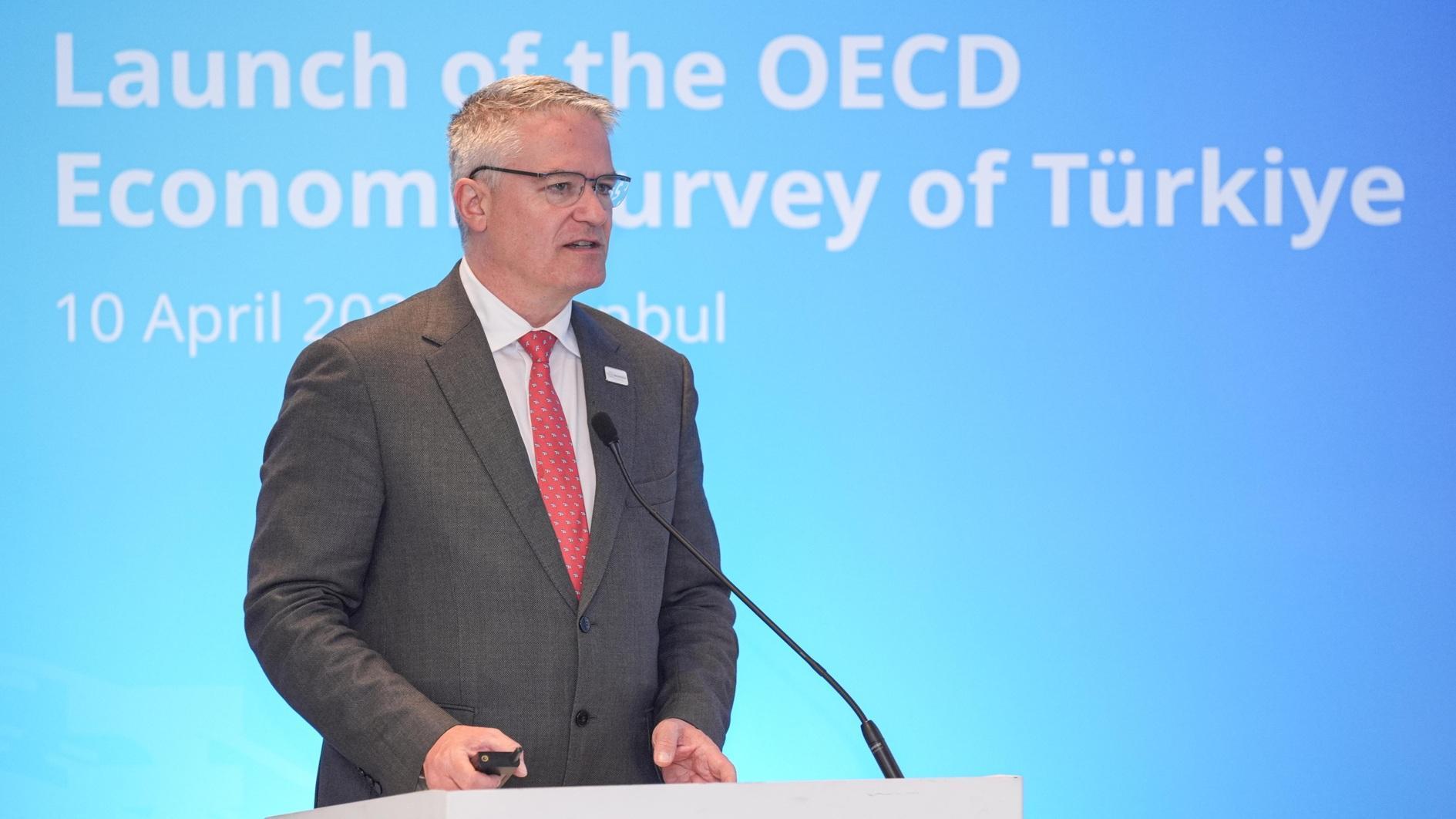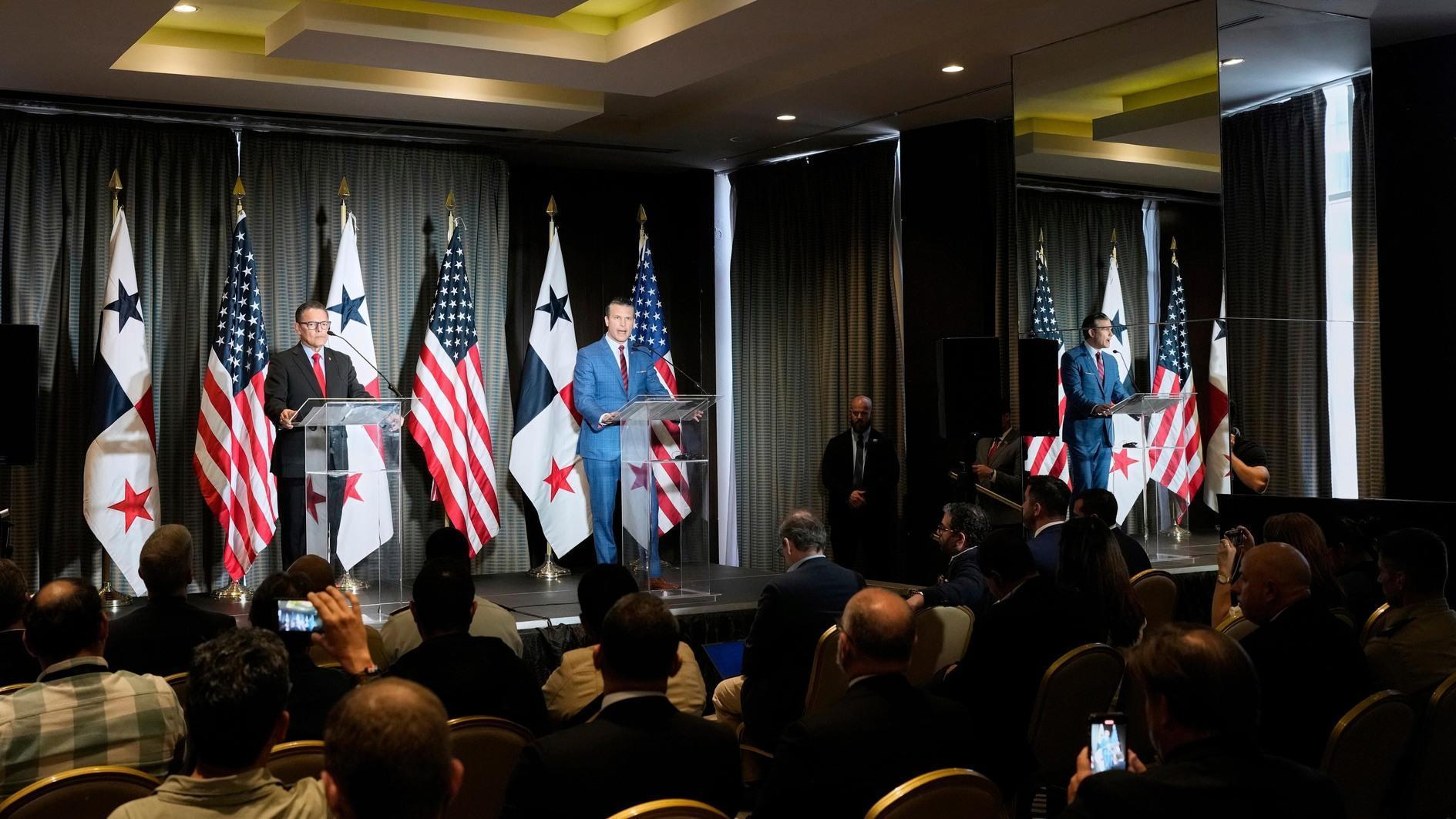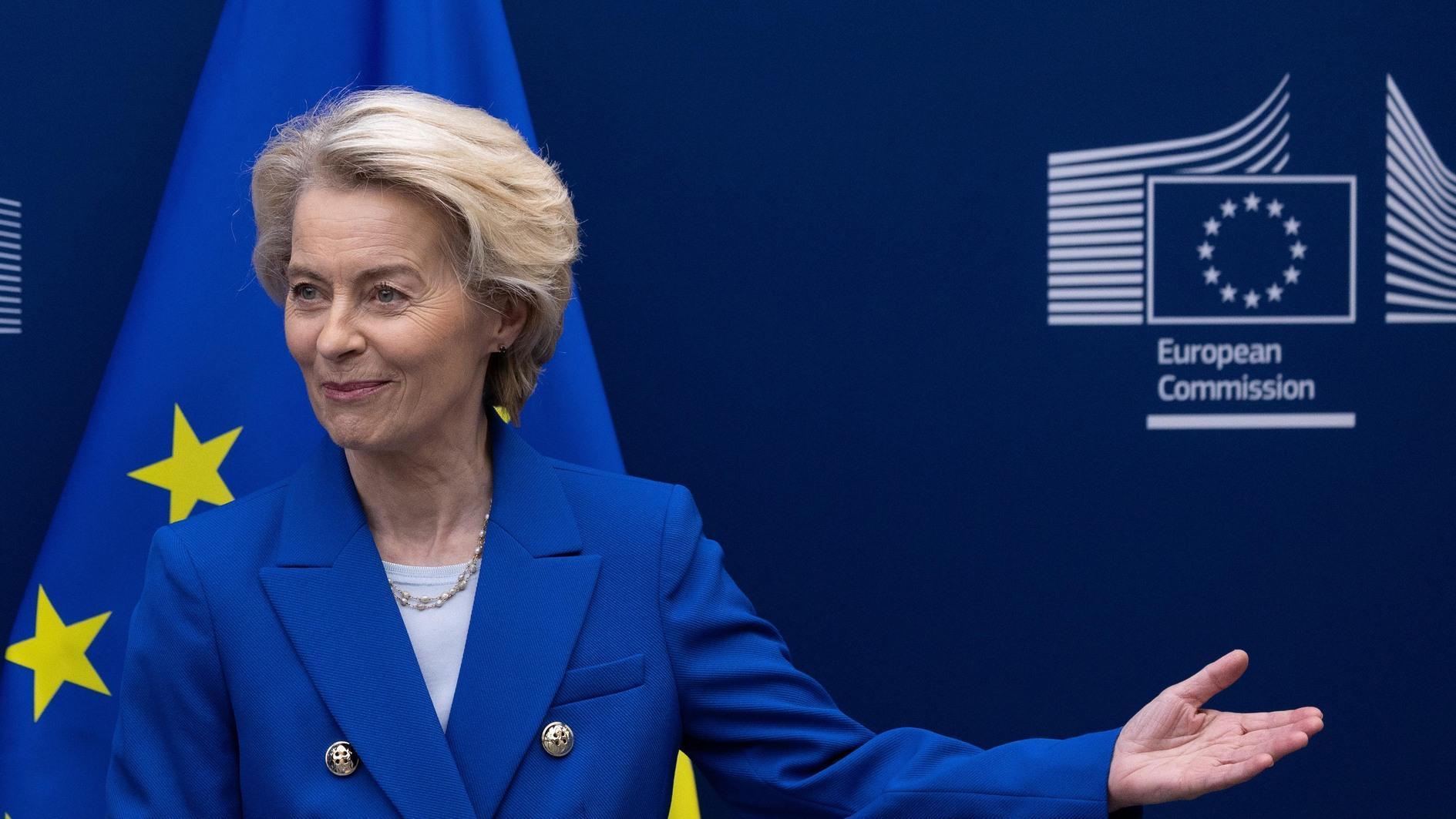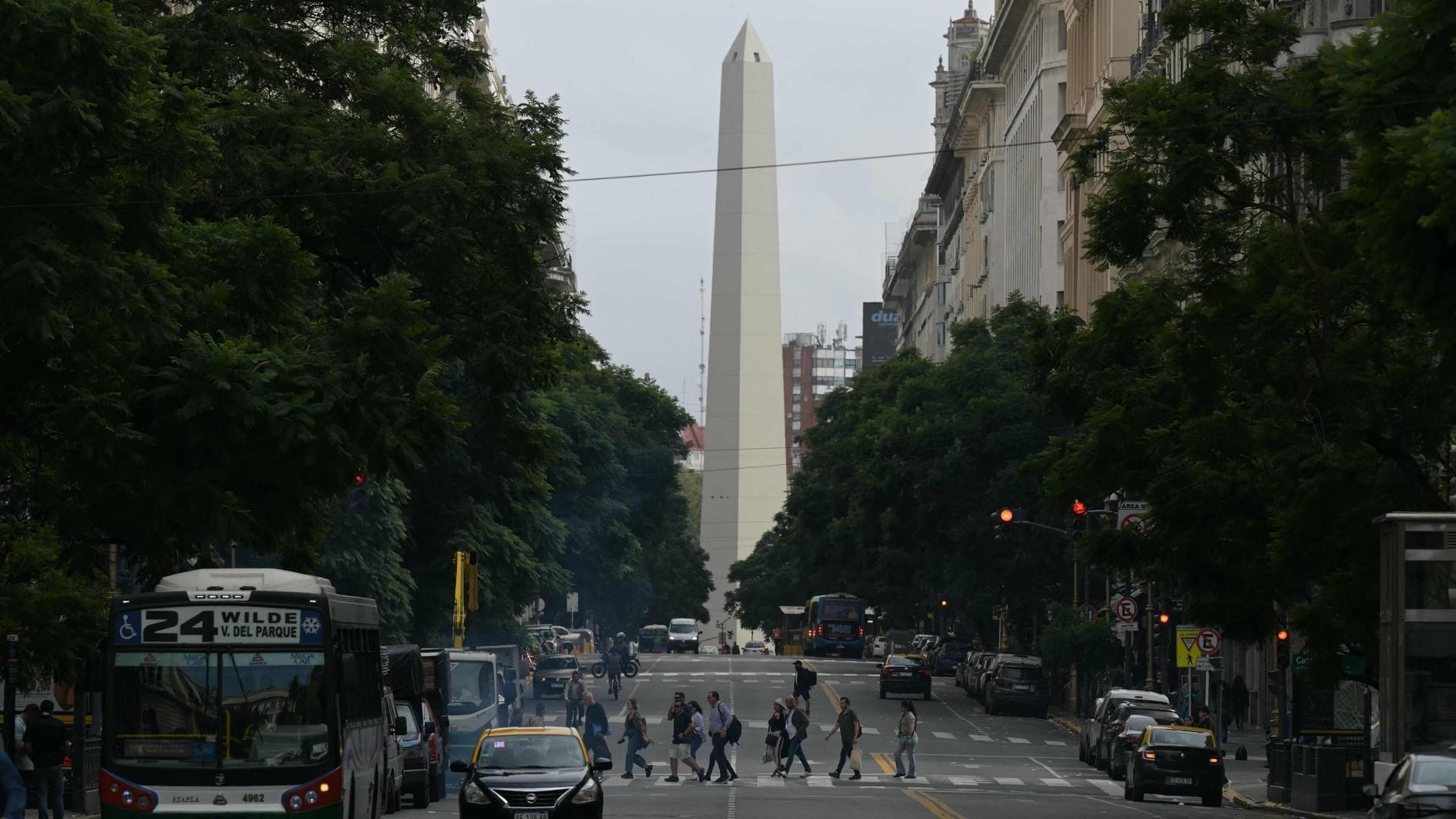Turkey-US at a Kurdish impasse
In the morning hours of Feb. 7, Turkish news stations filed urgent stories saying that Francis Ricciardone, the U.S. Ambassador to Ankara, had been summoned to the Turkish Foreign Ministry. The night before, the ruling Justice and Development Party’s (AK Parti) influential media spokesman Hüseyin Çelik had harshly criticized Ricciardone for his criticism of the prolonged and not clearly justified arrests of journalists, academics, and lawyers - including opposition members of the Turkish Parliament - in a press briefing on Feb. 4. Many assumed that Ricciardone was going to face questions and perhaps a protest about his words on the Turkish legal system. Yet it was soon understood that Ricciardone had requested an appointment to talk to Foreign Ministry officials. Officially, he wanted to express his gratitude to the Turkish police for its efforts following the suicide bombing against the U.S. Embassy building in Ankara on Feb. 1.
Ricciardone held nearly two hours of talks with Foreign Ministry Undersecretary Feridun Sinirlioğlu.
It was obvious that both sides had something to say to each other. Prime Minister Tayyip Erdoğan is very sensitive about any criticism of the judicial process in Turkey, which puts the government in a difficult position not only in Turkey (Erdoğan himself being critical of prolonged arrests) but also in Western platforms. The first information following the meeting was that Sinirlioğlu had told Ricciardone not to get too involved in Turkish political affairs.
But there are other problems between the U.S. and Turkey nowadays too; Syria, for example. The second Barack Obama administration is not in favor of intervention to topple Bashar al-Assad, but is rather in cooperation with Russia’s Vladimir Putin for a transition of power. Ankara is not happy with this, instead urging a combined push against al-Assad. There is the Israeli problem, too. Turkey has downgraded its diplomatic relations with Israel, under U.S. protection, over the failure to apologize for the killing of nine Turks by Israeli commandos in the Mavi Marmara tragedy in 2010. When Foreign Minister Ahmet Davutoğlu recently combined these two subjects by saying that al-Assad had never thrown even a pebble against Israel - let alone confront it - the U.S. reacted. State Department spokeswoman Victoria Nuland said on Feb. 5 that Davutoğlu’s words were “inflammatory” and harmed Turkish-U.S. relations.
But the real problem between the U.S. and Turkey nowadays is over relations with the Kurdistan Regional Government (KRG) in Iraq. The U.S. and Turkey have swapped positions on the Iraqi stage radically over the last four years; the change is on the axis of the Kurdish and energy issues. Up until 2009, Turkey was against even establishing relations with the KRG, on the basis that this may lead to an independent Kurdish state and disintegrate Iraq. Now, holding its own dialogue with the outlawed Kurdistan Workers’ Party (PKK) for a political solution to Kurdish problem, Ankara is taking the risk of being at odds with its major ally, the U.S., and is embracing the KRG.
Turkey is deeply interested in oil and gas projects in the KRG region, which infuriates the Nouri al-Maliki government in Baghdad. The KRG has been sending crude oil with tankers to Turkey in order to be refined into gas and diesel fuel, paying Turkey in the form of crude oil. What’s more, Turkish oil companies are investing in KRG fields despite the opposition of Baghdad. Ricciardone said on Feb. 4 that Washington had told Ankara, Baghdad and Arbil (the KRG headquarters) that the tension might cause the disintegration of Iraq and lead to chaos. Iran’s influence over the Shiite dominated Baghdad is a major worry for the U.S., Israel, Saudi Arabia, and other Gulf states.
It is not clear where the story is going to end up with, but it is clear that there is a Kurdish impasse between Turkey and the U.S. over Iraq.











